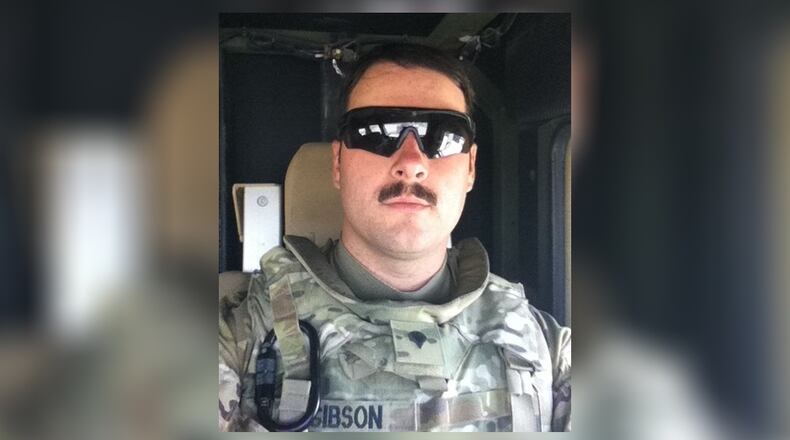I was injured by an IED blast during an ambush while serving in Afghanistan in 2012. I retired from the military in 2014 with limited mobility. I am a wheelchair user, and I have struggled with post-traumatic stress and the residual effects from a traumatic brain injury. I am also a husband and a father. I am an outdoorsman, a carpenter, a mechanic, a trusted friend and a valued colleague. I support a family of four and I just finished a master’s degree. All these things I do without the ability to walk around the block. My wheelchair might be the most visible thing about me, but it ranks near the bottom of the list of things that define me. Similarly, the disabilities of others shouldn’t define them either.
If you walk into any Veterans Administration hospital in America on any given day, you will meet dozens of people with disabilities with similar stories to mine. People who are doctors, lawyers, contractors, pastors, pilots, nurses, teachers and every other profession you can think of. If you asked one of them to tell you about themselves, safe money says that “I have fibromyalgia” would not be on the list of what they would say.
People with disabilities are everywhere. They have won Super Bowls, pitched for Major League Baseball teams, competed in the Olympics and climbed Kilimanjaro. Did they have a harder time doing so than their non-disabled peers? Probably. Does that make them any less impressive? I don’t think so.
When my wife, who is 5-foot-7, needs something from the top shelf, she uses a step stool. When I need something off the top shelf, I use a grabber. At the end of the day, we both needed a tool to help us get what we needed and do what we needed to do. And since I am certain that my wife does not define herself as, “a woman that uses a step stool,” why on Earth should I define myself as, “that poor guy who needs a grabber?”
Paul Gibson is a U.S. Army Combat Wounded Veteran (Purple Heart recipient) and Miamisburg resident.
About the Author
